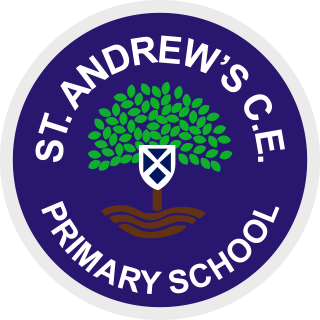SEN
The school SENCO is Mrs Davies who is currently on maternity leave. Mrs Clay is covering in her absence. Mrs Clay teaches in Y5 and can be contacted through the school office.
Admission of Pupils with SEN and Disabilities
Children are admitted to St. Andrew’s according to the Salford Local Authority’s admission policy. Pupils with SEN and/or disabilities have their needs assessed by the school in consultation with the child’s parents, the local authority and health agencies prior to entry to ensure the school’s physical environment and the appropriate resources (materials and personnel) can meet the child’s needs.
The school already has experience in developing a range of strategies to meet academic, emotional, behavioural, medical and physical needs. These include additional adult support, not only in the classroom but also at lunchtime and on school trips, specialist resources, differentiation of lessons and the use of different teaching methods. Outside agencies often give advice in relation to more significant needs. All practical steps are taken to ensure that disabled children fully participate in everyday activities.
To ensure the school continues to be proactive in its provision for those with SEN and/or disabilities it frequently reviews its ability to educate these children. School then revises its School Development Plan. It also reviews the individual pupils who will be on roll in advance of each new academic year to evaluate need and formulate a plan to ensure appropriate levels of provision are made.
Speech and Language Development
Speech and language development is central to everything we do. It affects how we learn and how we interact with other people. Children with good speech, language and communication skills will find it easier to:
- Learn in school
- Develop friendships
- Find employment as adults
Speech and language development begins at birth as babies communicate their needs through crying and facial expression. As they get older, children will develop friendships with other children through playing together and talking. They learn about the world by listening to other children and adults. Also, they will learn about the world through talking about what they see and what they are doing. By talking and sharing ideas, children will develop their imaginative play. For example when they decide to dress up as pirates and use old cardboard boxes as the pirate ship. Children who have developed good speaking and listening skills often find it easier to learn to read and write.
The documents from the Speech Sound Development Training Session which was carried out by Salford Speech and Language Therapist are above.
